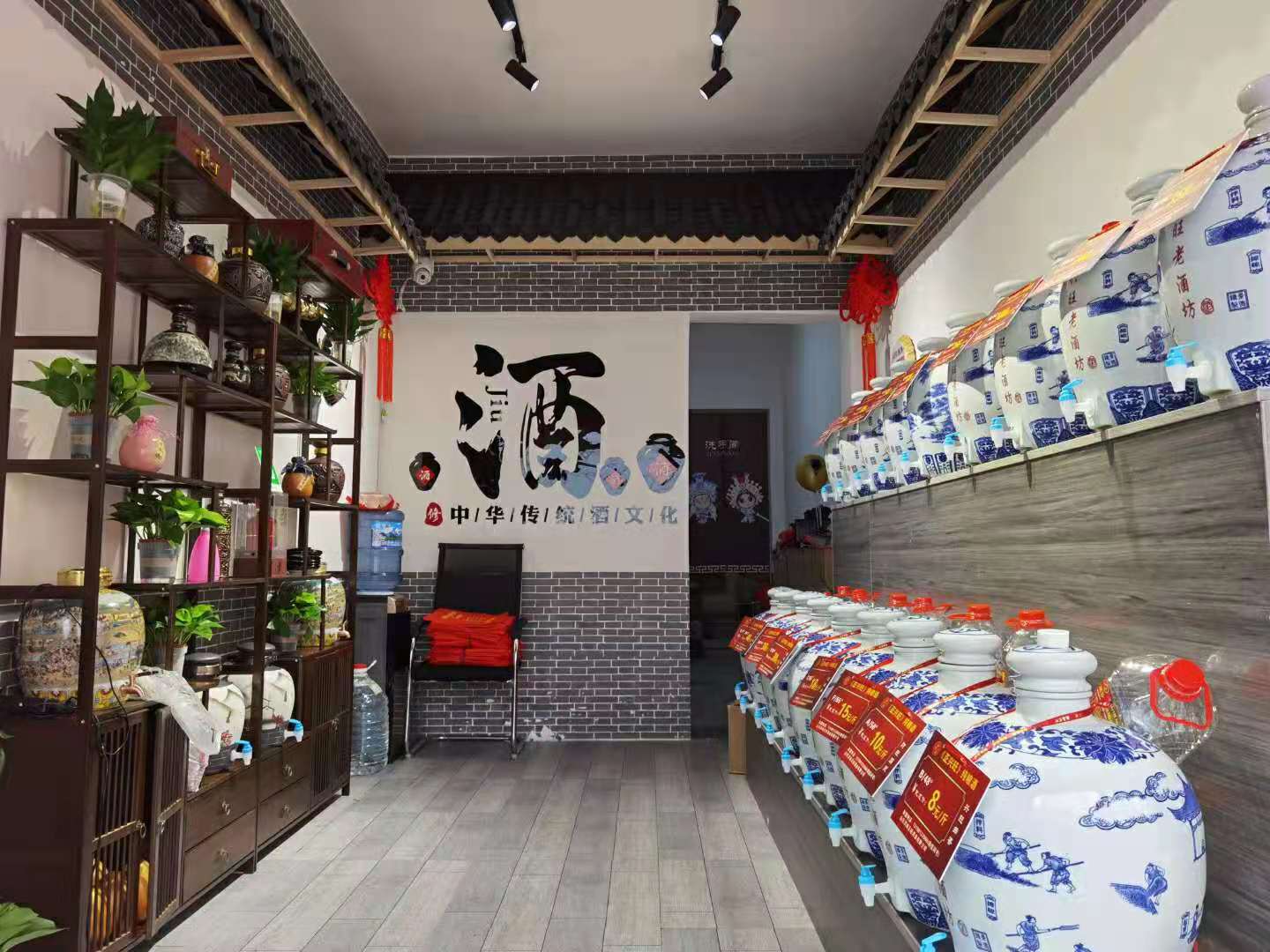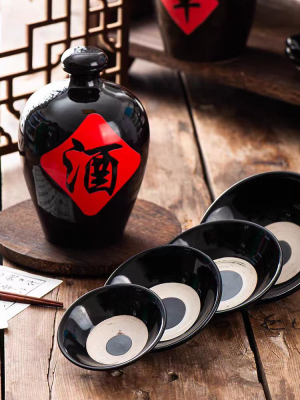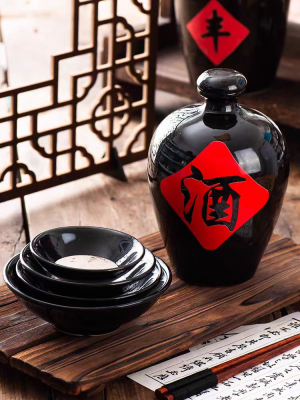How to Improve Customer Retention at a Liquor Franchise Store
Customer retention is paramount for the sustainable success of any liquor franchise store. Given the highly regulated nature of alcohol retailing, intense competition, and evolving consumer preferences, maintaining a loyal customer base requires a blend of strategic marketing, operational excellence, and regulatory compliance.
This article explores proven techniques to improve customer retention at liquor franchise stores. It includes insights on customer relationship management (CRM), store environment optimization, legal considerations, staff training, and data-driven decision-making. The article also features common questions and ends with a professional call to action.
Understanding Customer Retention in the Liquor Retail Industry
What Is Customer Retention?
Customer retention refers to the ability of a business to retain its customers over a period of time, encouraging repeat purchases and brand loyalty. For liquor franchise stores, this translates to:
Encouraging repeat visits
Increasing average purchase frequency
Building brand advocates
Importance of Retention vs. Acquisition
According to Bain & Company, increasing customer retention rates by 5% can increase profits by 25% to 95%.
Acquiring new customers costs 5 to 25 times more than retaining existing ones.
Key Strategies to Improve Customer Retention at Liquor Franchise Stores
1. Leverage Data-Driven Customer Relationship Management (CRM)
Implement a robust CRM system to track customer purchase history, preferences, and engagement.
Use loyalty programs with tiered rewards, such as discounts on favorite brands, exclusive events, or birthday offers.
Utilize personalized marketing via email, SMS, or app notifications to deliver targeted promotions.
2. Optimize In-Store Experience
Create an inviting store layout with clear signage, organized categories (e.g., craft beers, wines, spirits), and sampling stations compliant with local laws.
Employ digital kiosks or tablets offering product information and pairing suggestions.
Ensure prompt and knowledgeable staff assistance to improve customer satisfaction.
3. Staff Training and Compliance Awareness
Train employees on alcohol laws and responsible service to prevent legal violations that could damage store reputation.
Encourage upselling and cross-selling techniques aligned with customer preferences.
Foster a culture of customer-centric service focusing on relationship building rather than transactional interactions.
4. Embrace Omnichannel Sales and Engagement
Develop e-commerce platforms offering online ordering with in-store pickup or local delivery, adhering strictly to liquor licensing regulations.
Use social media engagement to highlight new arrivals, seasonal products, and customer testimonials.
Integrate mobile payment and contactless options to enhance convenience.
5. Monitor and Adapt to Regulatory and Market Changes
Stay updated on federal, state, and local alcohol regulations (e.g., age verification, promotional restrictions, sale hours).
Adapt marketing and operations accordingly to avoid compliance issues that could erode customer trust.
Use customer feedback tools and market analytics to refine product selection and service.
Regulatory and Operational Considerations
Key Industry Standards and Regulations
| Regulation | Description |
|---|---|
| Alcohol and Tobacco Tax and Trade Bureau (TTB) | Federal oversight of labeling, advertising, and interstate sales |
| State Liquor Control Boards | Local licensing and sale regulations (varies by state/country) |
| Age Verification Laws | Mandatory ID checks to prevent underage sales |
| Responsible Beverage Service | Training requirements to avoid over-service and liabilities |
Implement digital age verification tools at POS.
Regularly audit staff adherence to service and sale protocols.
Maintain proper inventory control to prevent shrinkage and ensure product availability.
Use sales data analytics to identify and promote high-margin or popular products.
Case Study Example
A regional liquor franchise implemented a tiered loyalty program combined with CRM-driven personalized offers. Over 12 months, they achieved:
A 20% increase in repeat customer visits
A 15% growth in average basket size
Compliance incidents reduced by 30% due to enhanced staff training
This example illustrates how integrated strategies focusing on customer experience and compliance drive retention.
Frequently Asked Questions (FAQs)
❓ How important is legal compliance for customer retention?
Compliance is critical; violations can lead to fines, license suspension, or reputational damage, all negatively affecting customer trust and retention.
❓ What type of loyalty program works best for liquor stores?
Programs rewarding frequency and purchase volume, combined with exclusive access to limited editions or tasting events, tend to generate the highest engagement.
❓ Can liquor franchise stores legally offer product sampling?
Sampling laws vary by jurisdiction. Stores must consult local liquor control boards and comply with regulations to avoid penalties.
❓ How can technology improve customer retention?
Technology enables personalized marketing, efficient inventory management, seamless omnichannel shopping, and regulatory compliance through digital verification.
Summary
Improving customer retention at a liquor franchise store involves a holistic approach combining:
Advanced CRM and loyalty programs
Enhanced in-store experience
Rigorous staff training and legal compliance
Adoption of technology and omnichannel engagement
Continuous monitoring of regulations and market trends
Together, these strategies build trust, convenience, and customer satisfaction, which drive long-term business success.









